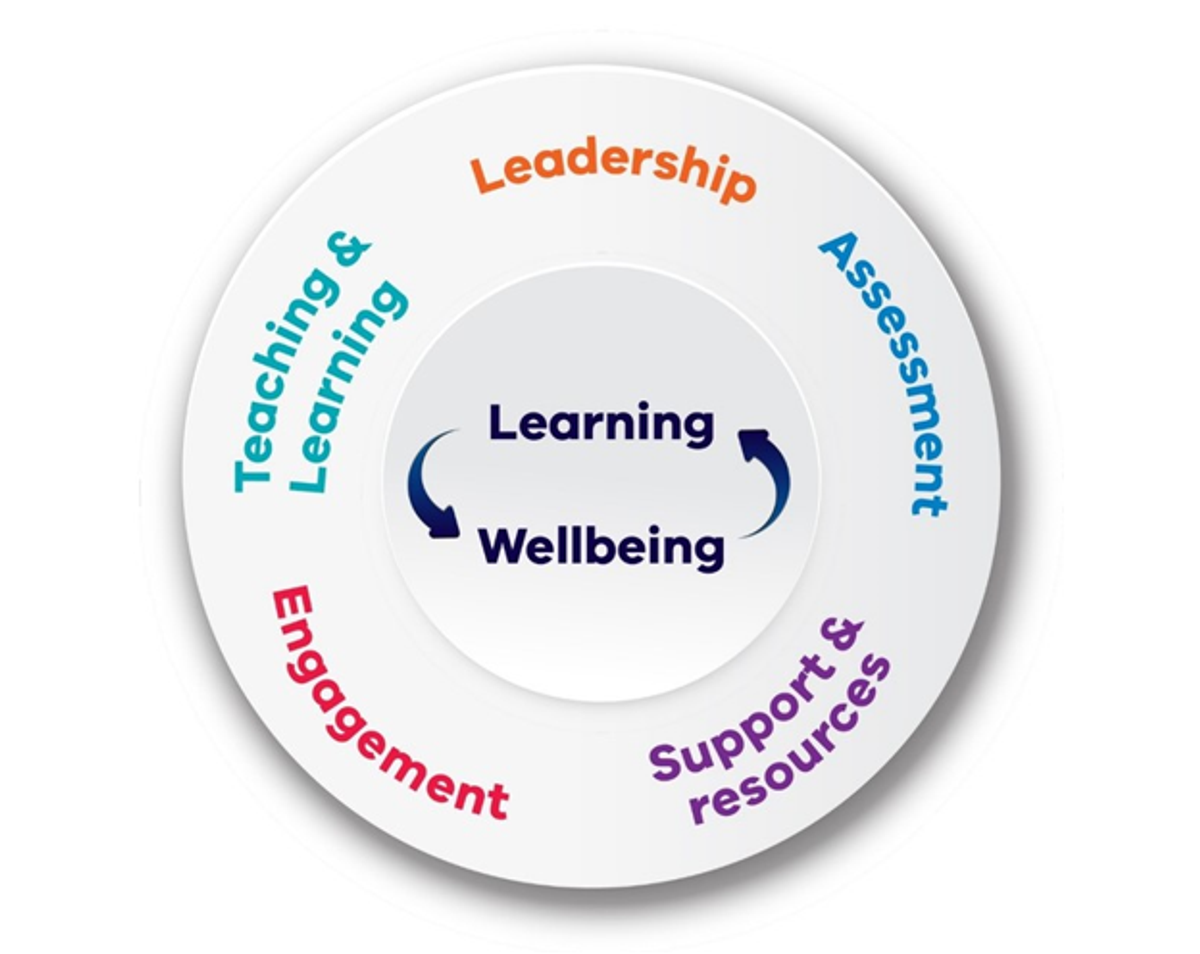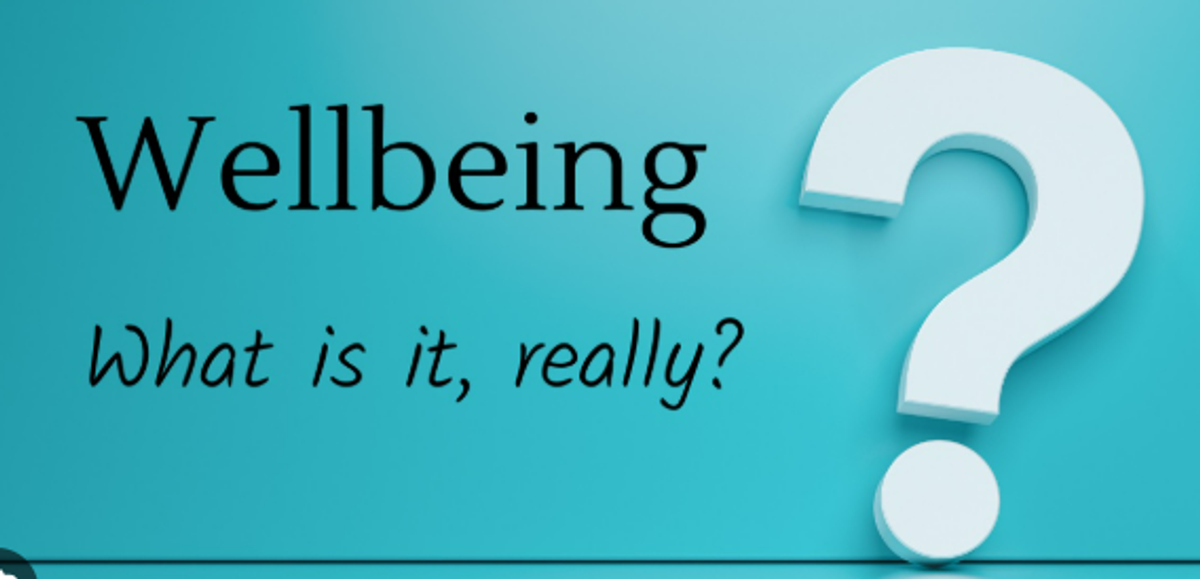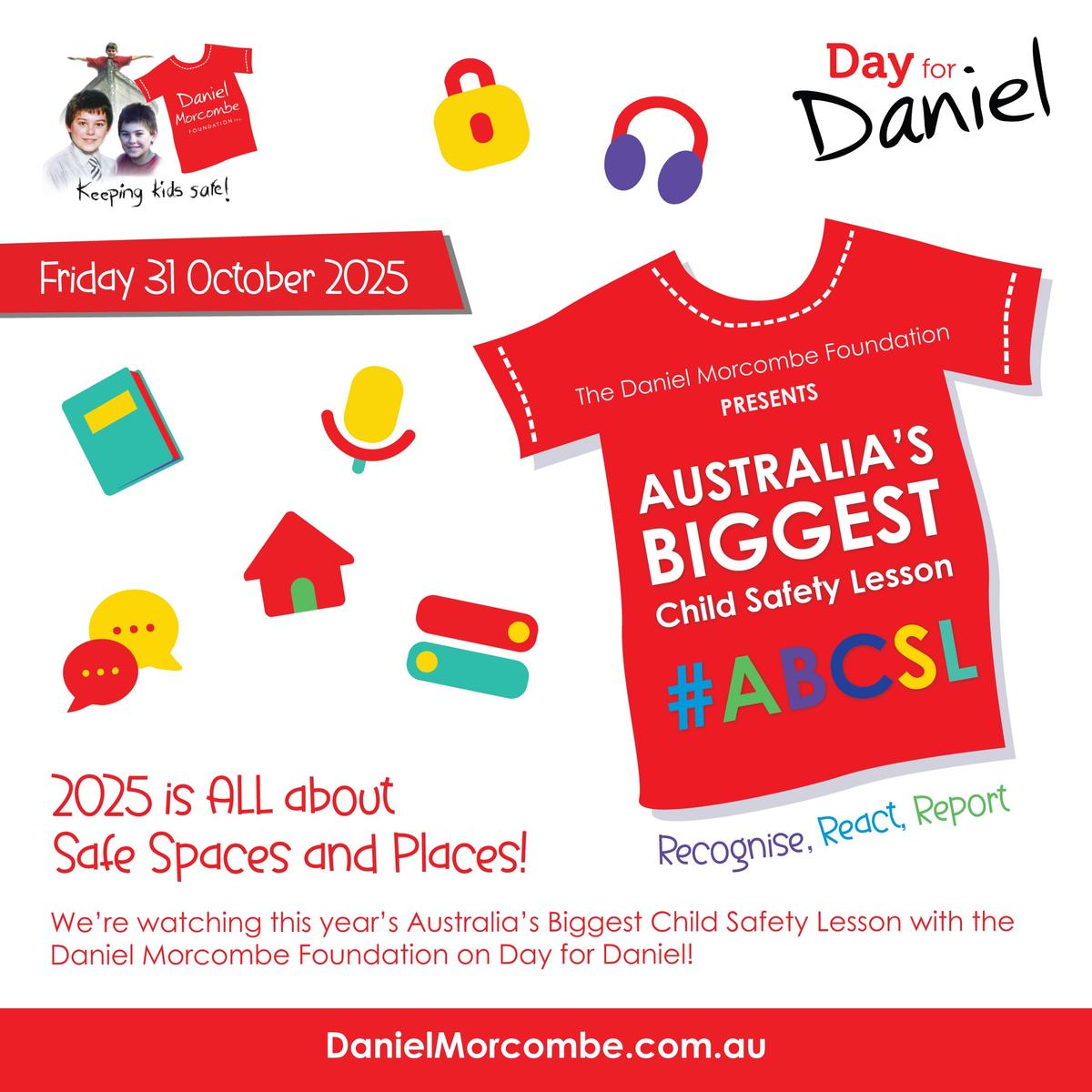Wellbeing
Fiona Dandie & Robert Pain

Wellbeing
Fiona Dandie & Robert Pain
The guiding model for the Department of Education is the Framework for Improving Student Outcomes (FISO) 2.0 (see the image below), which is the continuous improvement framework adopted by the Victorian Government’s schools. It is designed to support all government schools in improving student outcomes across learning and wellbeing.
The Department defines these as:


Why It Matters


Wellbeing is a state of overall happiness, health, and prosperity encompassing emotional, social, and physical dimensions. To improve wellbeing, you can connect with others, stay physically active, learn new skills, and practice mindfulness. A holistic approach considers physical, intellectual, social, emotional, and environmental factors to support a balanced, fulfilling life.
Key dimensions of wellbeing:
Strategies to improve wellbeing:
Connect with people: Foster good relationships and a sense of community.
Be physically active: Regular exercise supports both physical and mental fitness.
Learn new things: Learning new skills contributes to a sense of purpose and accomplishment.
Give to others: Acts of giving can boost your own sense of purpose and connection.
Practice mindfulness: Pay attention to the present moment to manage thoughts and emotions.
Prioritise basic needs: Ensure you get enough sleep, eat a healthy diet, and stay hydrated.
This year, Whittlesea Primary School will be participating in the 'Day for Daniel' lesson, which supports the Daniel Morcombe Foundation. The Daniel Morcombe Foundation would like to see a future where all children and young people are provided with education, protection, and support to be safe from abuse and risk of harm.
The Daniel Morcombe Foundation provides personal child safety education to children and young people at no cost, to prevent abuse and promote lifelong health and wellbeing. We support educators, parents, and carers through the provision of resources and education, and directly support young victims of crime.
'Day for Daniel' lesson is next Friday, the 31st of October.

